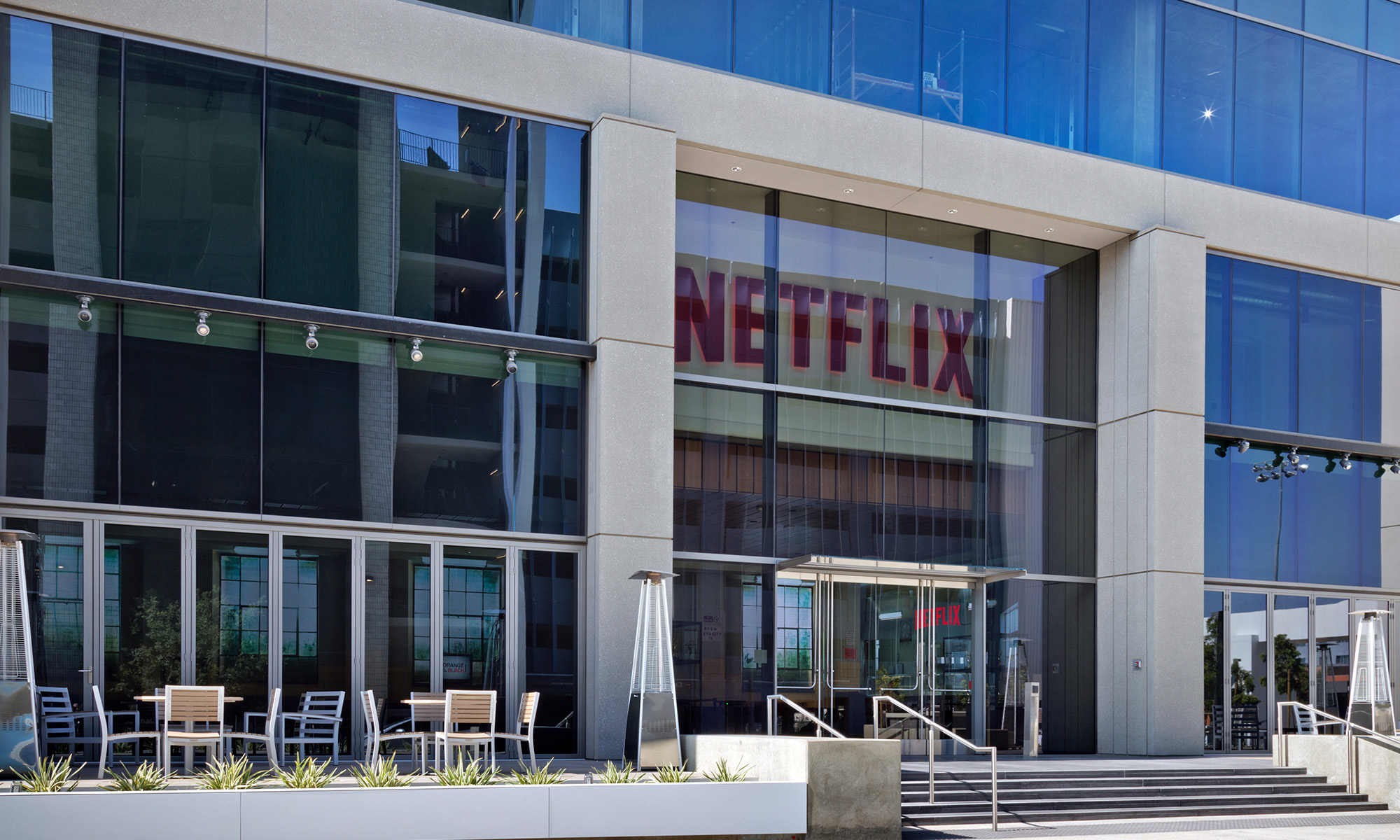GQ may not seem like the bastion of tech reporting, but the latest issue has a pretty compelling look at Netflix (NFLX +0.37%) ahead of this defining weekend for the world's leading premium video service.
House of Cards premieres on Friday, and with its $100 million budget covering 26 episodes through two seasons, streaming video may finally have its first big winner.
Must-stream television?
We'll see. Netflix did put out Lilyhammer last February, and while the fish-out-of-water drama did manage to generate positive reviews -- garnering a favorable star rating and a whopping 340,932 viewer ratings with 1,879 member reviews -- it lacked the star power that House of Cards brings to the table.
The series stars Oscar-winner Kevin Spacey, and is directed by David Fincher, fresh from The Social Network, which won several awards and grossed nearly $100 million in its domestic theatrical run.
This is the kind of high-profile show that one would expect on prime-time television or perhaps even as a flagship series for one of the premium movie channels. That's pretty much the point.
You can't spell "hobo" without "HBO"
"The goal is to become HBO faster than HBO can become us," content chief Ted Sarandos tells GQ.
Yes, HBO.
Netflix executives often compare their model to Time Warner's (TWX +0.00%) premium movie channel. They see HBO -- and not Redbox, Hulu, or Amazon Prime -- as their biggest competitor.
Netflix recently overtook HBO in terms of total subscribers, but most HBO customers pay far more than $7.99 a month for access. They also feed off the cable and satellite television affiliates that funnel customers their way since a pay-TV subscription is required.
However, as more and more customers begin cutting the cord -- and they will -- HBO may not have much of a choice. The future is streaming, and the days of folks paying a provider more than $100 a month when they're only watching less than 5% of the channels that they're paying for can't be over soon enough.
HBO won't cave in right away, largely because its parent company also happens to own cable fat cats including CNN, TNT, TBS, Cartoon Network, Adult Swim, and truTV. The last thing that Time Warner would want to do is offer HBO GO as a stand-alone streaming option, freeing subscribers from having to bankroll the media giant's stodgier cable properties. It will happen, though. Time Warner last year made HBO GO available in Scandinavia, where it doesn't have cable properties to protect.
All roads lead to Netflix
CEO Reed Hastings has cooled his cord-cutting rhetoric over the years. He doesn't want to scare off the cable and satellite television providers that can eventually resell Netflix as a premium service. He doesn't want to shoo away the production studios that license streaming rights to Netflix.
However, now that Netflix has new life as a market darling -- the stock was up a stunning 71% last week -- there's no point in tiptoeing around the obvious.
There are no saucy quotes directly from Hastings on the traditional industry's demise, but there is one scintillating passage in the GQ article:
But he seems certain that Netflix will survive in entertainment's New Order, along with ESPN and HBO once those mighty brands figure out a graceful way to transition to stand-alone streaming. Those other guys? All those marginal channels that depend on being packaged in a basic-cable bundle, not to mention the cable companies themselves? He's not so sure.
If you're still paying $140 a month for TV in five years you're probably doing it wrong. Consumer expenses are always being prioritized. Given the choice, most consumers would probably rather keep paying for their Internet access and smartphone data plans than shelling out a similar sum to a cable provider. The same probably couldn't have been said five or 10 years ago.
We're evolving, but pay TV is not.
Somebody's going to get it right eventually
Why has it taken Apple (AAPL +0.62%) so long to introduce the obvious smart HDTV?
It's not the technology that's holding the product back. Apple has seen lesser companies introduce smart TVs for years. It's also not a matter of waiting for the consumer to catch up. There are now more than 80 million homes with broadband connectivity.
The only sticking point has to be securing the licensing rights for the platform to deliver content the way that its iTunes and App Stores deliver media. The networks and broadcasters won't go down quietly, but they will go down.
"I cracked it," Steve Jobs told his biographer in discussing television shortly before he died. Yes, but TV itself has been cracking for years.
Disney to the rescue
When Jobs sold Pixar to Disney (DIS +1.09%), he became the family entertainment giant's largest shareholder. Disney was also the first major studio to begin offering its shows and select movies through iTunes, validating the medium.
Disney also saved Netflix. It's easy to point to the early December deal -- in which Disney will begin offering Netflix exclusive streaming access to new releases -- as the starting point of the rally that has treated shareholders to healthy returns even before last week's blowout quarter.
It's also fitting that the GQ article singles out Disney's ESPN, because that's likely the biggest channel keeping the pay-TV industry on its feeble stilts. Live television is something that needs to be enjoyed as it happens, and unlike Disney's own ABC, it's not as if ESPN can be grabbed for free with an HD antenna.
When the cable TV ice cream castle melts -- and it will -- HBO and ESPN will lead the way along with the handful of channels that consumers will deem worth paying for.
Netflix will be leading the way, and the takedown starts with Friday's fittingly titled House of Cards.








